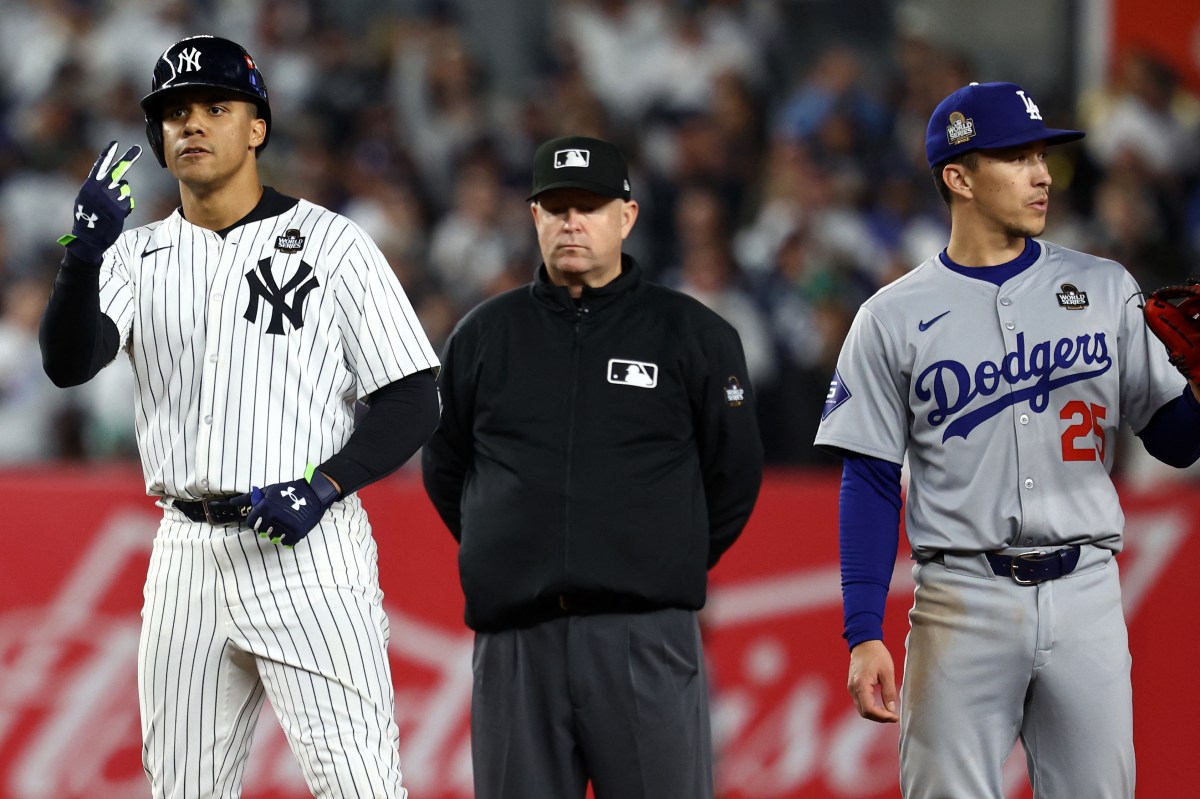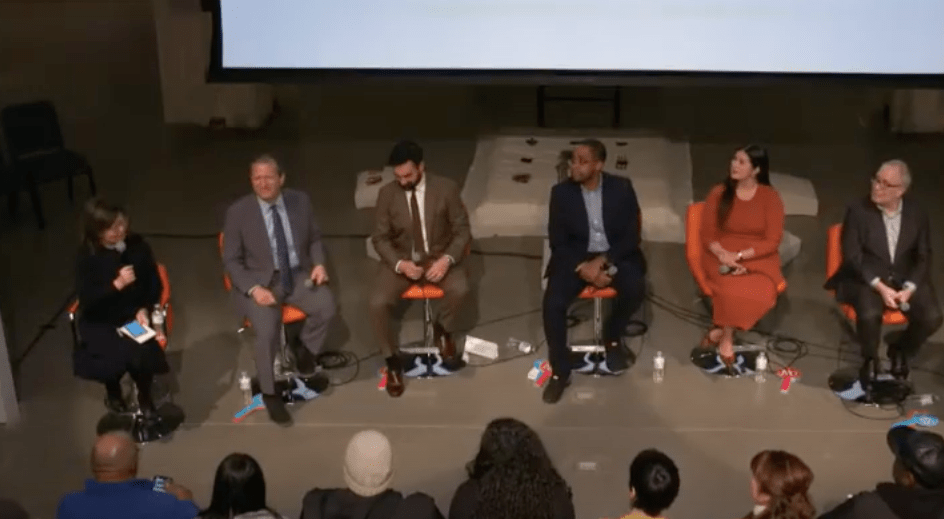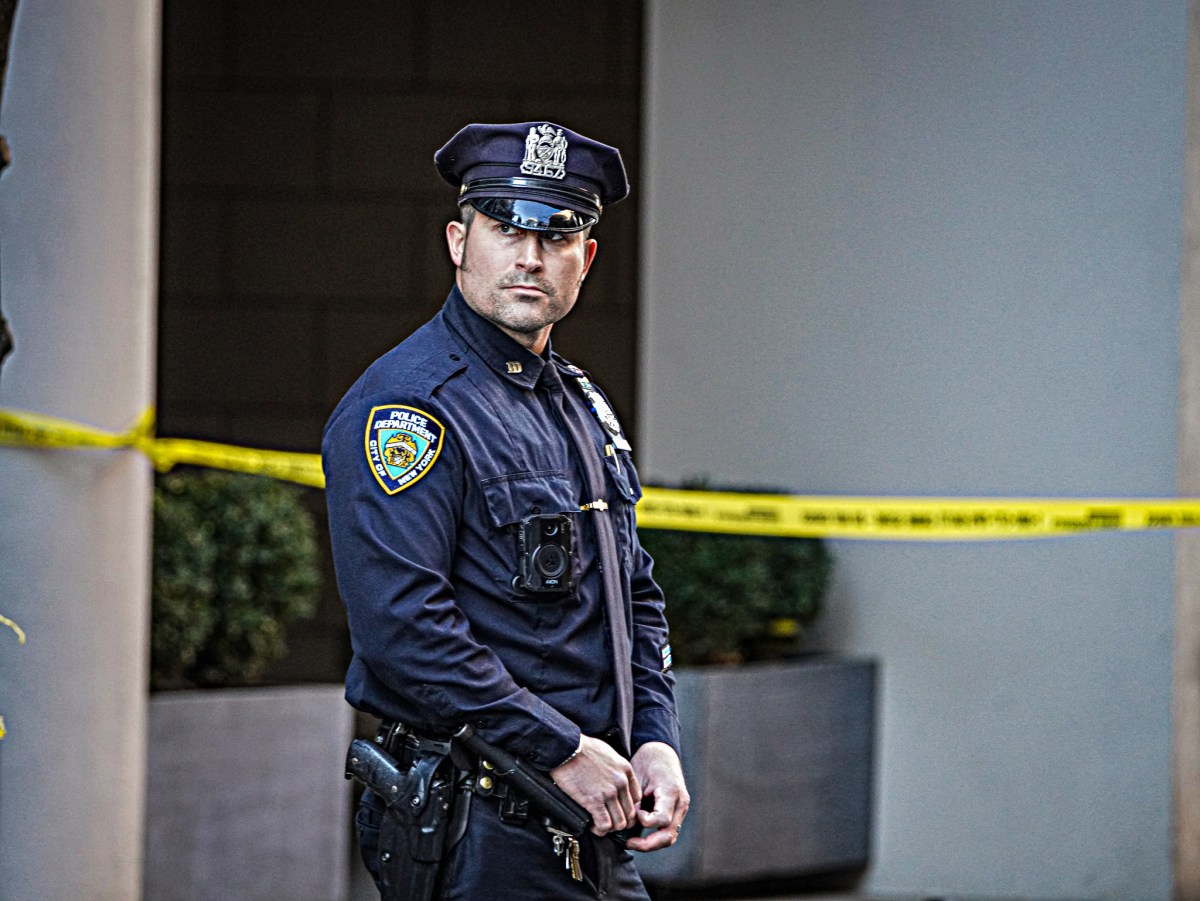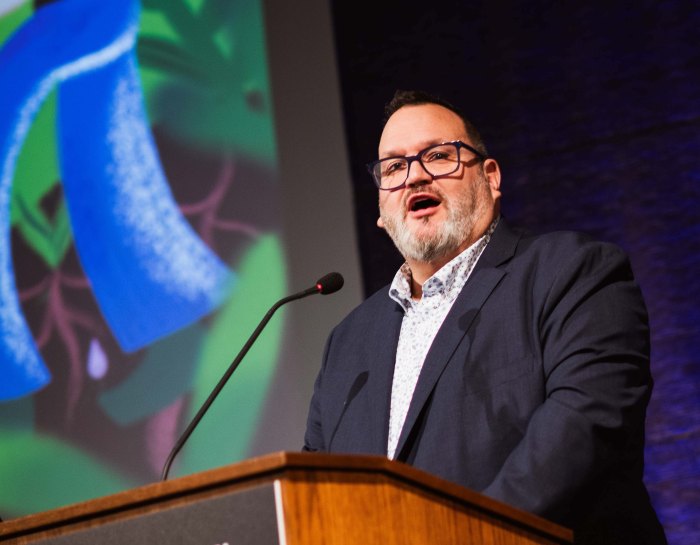Will the New York City terrorist get the death penalty?
That’s the question many are wondering after Sayfullo Saipov, 29, was charged with terrorism for Tuesday’s deadly attack in which eight people were killed and a dozen injured.
President Donald Trump took to Twitter Wednesday night and Thursday to voice his thoughts on Saipov’s fate. Though Trump backed off of his push to send Saipov to Guantanamo Bay, he reiterated his belief that the Uzbeck native should get the death penalty — a comment that concerned Donna Lieberman, executive director of the New York Civil Liberties Union.
“His call for the death penalty is among the most irresponsible things he’s said yet,” she said. “It undermines and shows a lack of understanding and respect for our judicial system, which is predicated on a fair process for everybody who stands accused of a crime.”
New York state does not currently have the death penalty — New York Court of Appeals ruled the state’s death penalty statute unconstitutional in 2007 — but terrorism charges fall under federal, not state, jurisdiction, meaning the federal death penalty could still be carried out in New York.
“Even in the federal system, where there is the possibility of a death penalty, the only decision that needs to be made or can be made right now is whether to seek it,” Lieberman said. “There’s a process in the Department of Justice for that and there is a whole judicial process that has to go on before you get to that question.”
Other law experts shared Lieberman’s sentiments. In response to Trump’s first tweet on the issue, in which he said, “NYC terrorist was happy as he asked to hang ISIS flag in his hospital room. He killed 8 people, badly injured 12. SHOULD GET DEATH PENALTY,” Andrew C. McCarthy, former assistant United States Attorney in the Southern District of New York for 18 years, felt the need to respond.
“Mr. President, we all know he should get the death penalty,” McCarthy tweeted. “But when *you* say it, it makes it harder for DOJ to make that happen.”
Mark Zaid, a national security lawyer in Washington, also took to Twitter to comment, writing, “This is called potentially tainting jury pool & could impact alleged perpetrator’s ability to secure fair trial,” adding the hashtag “#unpresidential.”
There is a precedent for a federal capital punishment charge being administered in a state without the death penalty — the case of Boston Marathon bomber Dzhokhar Tsarnaev.
Though Trump emphasized speed in his tweet as a reason to push for the death penalty, Tsarnaev’s process wasn’t that quick: Tsarnaev was captured on April 19, 2013, plead not guilty to 30 federal counts on July 10, 2013, and was sentenced to death two years later, on May 15, 2015 and he remains on federal death row today, awaiting that fate for what experts say will be the next 10 years or more.
The death penalty (as well as Guantanamo Bay) may also not be the most logical move from a national security standpoint, experts say.
“Do you create a martyr?” was one concern Lieberman posed. “Do you reduce likelihood of finding out any collaborators or how somebody gets to the point that they do something like this?”
Tsarnaev is currently the only inmate, out of 61 people, on federal death row for a terrorism charge, but he’s not the only one to receive punishment for his actions. As of 2016, there are more than 440 convicted terrorists serving time in American prisons.




















